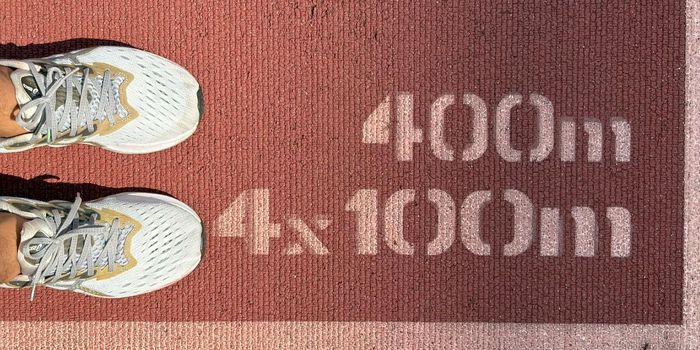While most of the scientific and medical community is focused on research into the causes and treatments for dementia, there is another part of the disease that is overlooked and that is quality of life. For those living with early onset dementia, the concept of years-long research studies and treatments that are years away don’t offer much in the way of help for their day-to-day struggles. A new study at the University of British Columbia in Vancouver aims to shed some light on those issues. The research involves community-based social groups and could help empower people who live with the fallout of dementia.

The study, led by UBC nursing professor Alison Phinney, focused on a local program in Vancouver known as Paul’s Club, which offers activities and social programs three days a week in a downtown hotel. A maximum of 15 members can use the club on Tuesdays, Wednesdays and Thursdays. Members range in age from 45 to their late 60s. The hotel offers members the use of their gym, and the program provides snacks and a hot lunch. Local transportation is available as well.
In a press release, Phinney stated, “Of the estimated 1.4 million Canadians living with Alzheimer’s and other forms of dementia by 2031, a few thousand in every major city will be diagnosed before age 65. The question is how we can support them so that they can continue to live at home for as long as possible.”
A retired nurse and her husband founded Paul’s club in 2012. It provides members a friendly environment without medical or hospital associations—hence the “club” atmosphere and the choice of a hotel as a venue. By using a social setting, with all the accouterments of a party or private function, those who attend are not stigmatized as disabled or ill. The focus is on having fun, so dementia is not the subject of discussion, but rather local events, sports and entertainment are discussed as would be in any social setting.
In addition to providing those with dementia a relaxing place to socialize, the club gives member’s families a break from the responsibility of supervising their loved ones on a constant basis. There is a real risk to caregivers of burn out when a person with dementia must be taken care of on a 24-hour basis and this small break can help caregivers avoid stress and the accompanying health factors that can result.
Daily activities for club members include morning coffee, light workouts or other group activity but the one constant is a daily group walk in the neighborhood. Members gather in groups of two to three, holding hands for safety and walk the streets near the hotel, speaking to local residents, shopkeepers and others along the way.
Phinney’s research is being conducted through the Vancouver Coastal Health Research Institute and she says that the daily walks are key to keeping members involved in an active social environment. “By observing and talking to the members, we found that walking in the neighborhood and interacting with others kept them connected to the community,” said Phinney, “They felt that they still belonged–something that wouldn’t have been possible had they stayed at home. Young-onset dementia is incredibly challenging because they’re still fairly active and healthy and suddenly they’re no longer able to work. Being part of the club keeps them busy and healthy and gives their family respite, making it more feasible for members to stay at home longer”
The Alzheimer’s Society of Canada funds Phinney’s research. Its next stage will look at traditional adult day programs for the elderly, some of whom have dementia, but some who do not, so the comparison can be made between traditional adult day care and care that involves a significant social component. Check out the video below to learn more.
Sources:
Paul’s Club
UBC
International Journal of Social Research and Practice









